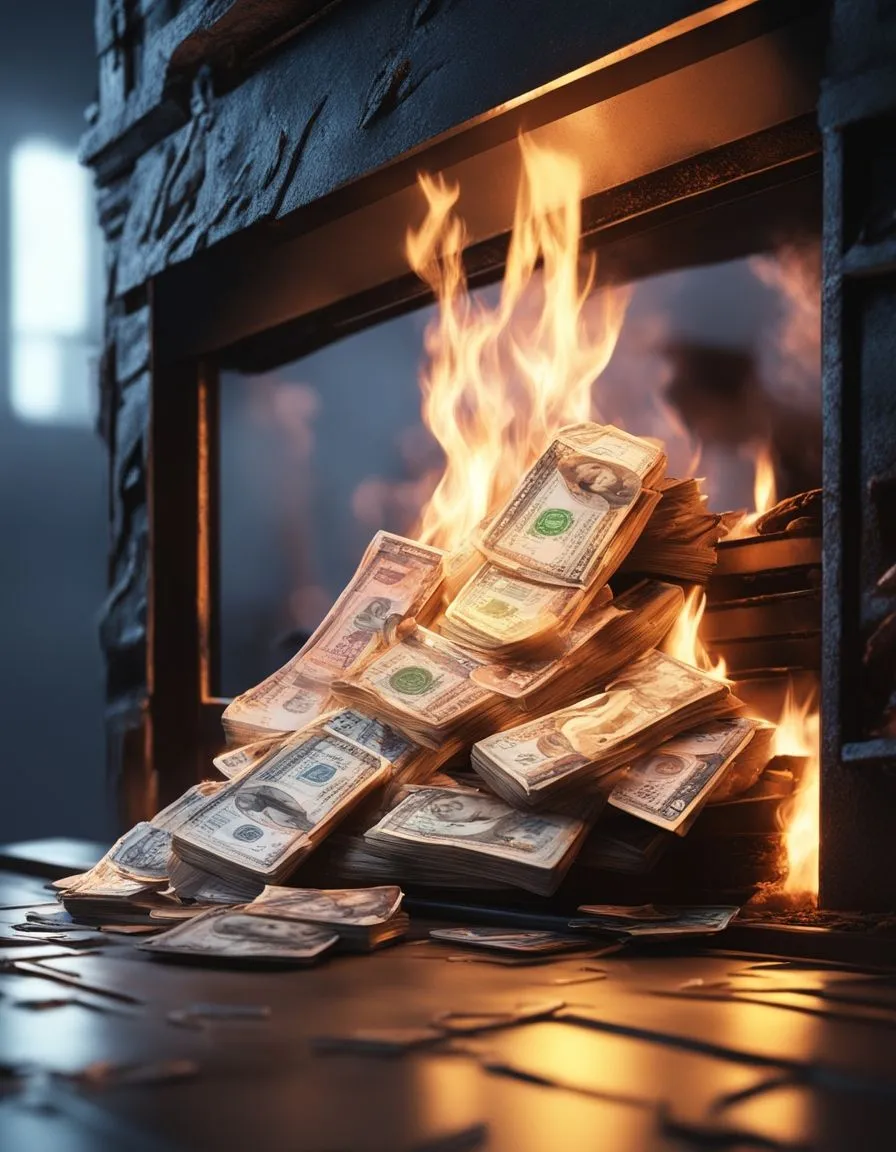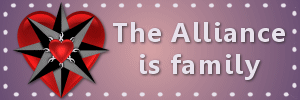
Image credit: KarinaYana by @cryptoshots.nft
I liked the Ladies of Hive question for this week, and wanted to take a moment to answer it. The question is:
If you had the opportunity to offer guidance and wisdom to your younger self, what insights or recommendations would you share?
I'm going to stick to things that you don't generally find in advice columns or online articles, because why cover the same stuff everyone else does? I honestly don't know if my answers would provide any value to anyone else, but I'm hopeful that at least one of them will speak to someone. 💜
Trigger warning: This post contains frank discussion of eating disorders and suicide.

How to know what you should be when you grow up.
I recently discovered some wisdom that I wish I'd received at a much, much younger age. It's about turning your natural talent into a vocation. I'll be 50 in a few months, and it wasn't until just a couple years ago that I finally realized what I should be when I grew up. I guess I'm fortunate that I did finally discover it; but here's something to help you if you're still searching. It comes from Sasha Chapin's wonderful list, 50 Things I Know.
"Talent doesn’t feel like you’re amazing. It feels like the difficulties that trouble others are mysteriously absent in your case. Don’t ask yourself where your true gifts lie. Ask what other people seem weirdly bad at."
If there's something that just comes easily to you, see if there isn't a way to make a living from it. And if it seems that there isn't, look again, harder this time. I knew I had the talent to be an editor & proofreader; mistakes on printed pages have always just jumped out at me, and I learned the intricacies of the English language seemingly by osmosis. I still often can't tell you why something is wrong. I just know it is. But I also know where to look to find the grammar or style rule, so that I can cite it to the author I'm editing and help them learn and grow as well.
BUT I thought the only jobs offering that type of work were at a newspaper, magazine, or book publisher, and those jobs are relatively few and far between. Turns out, there's a whole universe of business publications that need to be edited for internal consistency, specialized knowledge, flow, and so on. I just had to find my way into one of those niches, and my new career opened up before me.
I wish I'd done the research to learn this sooner, though to be fair, the Internet wasn't even a thing when I was pondering potential college majors. And the books I read when I was seeking guidance, like What Color is Your Parachute, weren't in-depth enough to teach me this either.
And if you don't have a natural talent? He still has advice for you: "I know that if you are not unusually hard-working or competitive or smart, you can still distinguish yourself. Be unusual in some other noticeable, likable way—unusually honest, brave, generous, curious, or pleasant. All of these attributes are composed of discrete behaviors that can be learned through practice."
He's right - you can learn damn near anything, if you really want to. I've also learned to be more honest as I've aged; to drop many of my filters and masks. While there are folks who don't care for that trait, there are others who value me highly for it. Don't try to be someone else. Try to be the best possible version of yourself.

Learn what it means to have a disordered relationship with food, and AVOID IT AT ALL COSTS.
I have come to realize that my mother (and likely her mother before her) had a very disordered relationship with food. But the thing about being a kid is, you don't know what you don't know. You just accept things as they are, and go out into life believing that whatever your childhood taught you, is the way things should be (this is why we have therapy 😆).
I spent the majority of my adult life believing a couple of things that were just dead wrong: 1.) that if a food gives you any kind of symptom, you should cut it out of your diet and 2.) 1200 calories per day is an acceptable amount of energy for an adult woman to live on.
These are very, VERY incorrect ideas, and eventually led me to an incredibly dark place in my life - one where I was planning my suicide. I ruined my body, my metabolism, and even my brain, by accepting these notions as true, and it nearly cost me my life. I wish I'd realized the error of my ways much, much sooner.
Now, this is not what all disordered eating looks like - not even close! There are dozens if not hundreds of disordered eating habits, and they're so incredibly common now, mostly thanks to the internet, it's difficult to know what "normal" eating even is.
A decent definition of normal eating habits, though, is eating in a way that meets your body's needs without dedicating excessive time to thinking, obsessing, or stressing about food. "Normal" eating habits vary from person to person but generally are flexible and attuned to hunger cues, pleasure, and social situations.
A much simpler (and therefore, I think, better) definition came to me the morning after I originally posted this: Don't buy into food rules. The more food rules you have, the more likely it is that you will fall into (or may already be practicing) disordered eating. Notice how it only took me TWO food rules to nearly starve myself to death? Make it your goal to have ZERO food rules, or if you must have food rules (e.g., if you have diabetes, celiac, or some other diagnosed illness), ensure the rest of your eating stays flexible.
Additionally, something everyone should realize is that you don't have to have a full-blown eating disorder, in ordered to have disordered eating habits. Here's a good, physician-reviewed article on understanding the differences.

If you get really sick, or suffer some other setback that requires you to file for bankruptcy, DON'T DRAIN YOUR RETIREMENT FINANCES before doing so.
Man I wish I'd known this one before I had my battle with my eating disorder! I got very, very sick (see above re: planning suicide), and spent a very long time there because doctors who were steeped in the mindset that thin = healthy just kept cheering me on as I lost more weight and became sicker. So sick that my brain stopped working right, and I could no longer even do the proofreading work that I was so innately good at.
So what did I do, as I paid physician after physician for everything from cheerleading to outright snake oil? I drained my retirement accounts in order to keep from having to file bankruptcy due to medical bills. BIG MISTAKE. I would've been better off if I'd just declared the bankruptcy in the first place, and moved on. Reason being, bankruptcy courts can't touch your retirement savings. But I didn't know this at the time.
Learn from my lesson, and just do the bankruptcy. Yes, it'll suck, but there IS life after bankruptcy. Your credit rating WILL recover, and you'll be much better off in your later years if you have that nest egg you worked so hard to build. Incidentally, I also learned that the bankruptcy courts can't take away your primary residence or vehicle, either. So don't assume you'll lose absolutely everything. The laws (at least here in the US) are structured such that you have a fighting chance to get back on your feet after your bankruptcy is discharged.
I really wish I'd known these things when I was younger, and I hope they can help someone avoid making some of the larger life mistakes that I've had to live through!


Have a great day, y'all!


Proud Member of Hive's Best Family!
